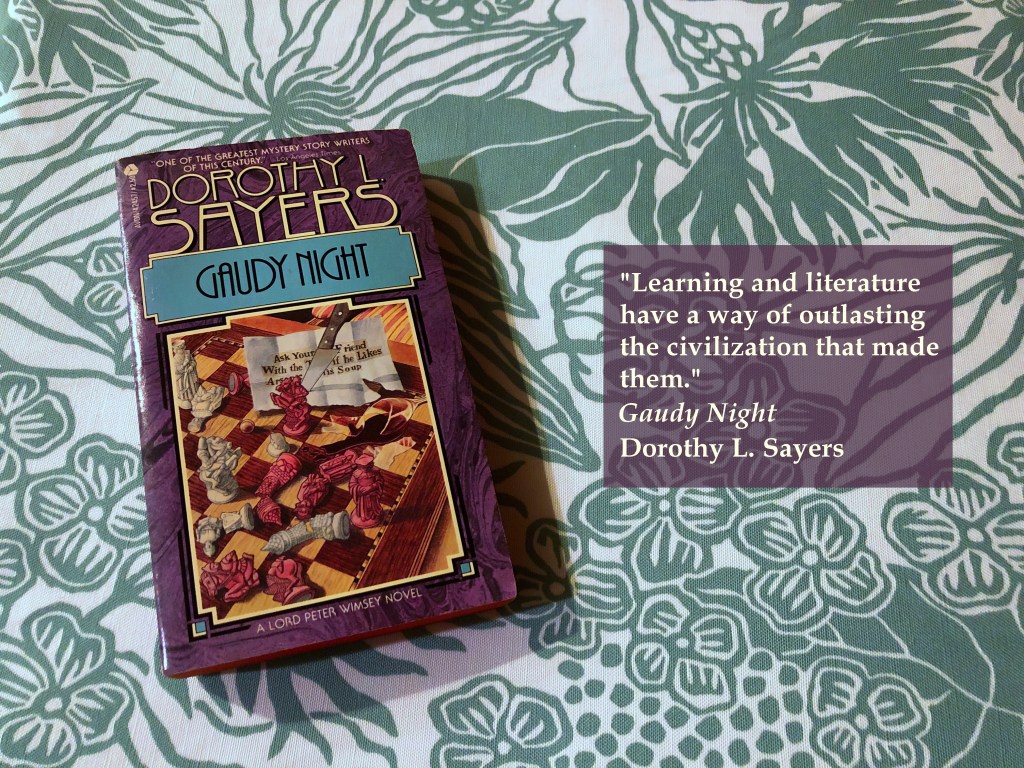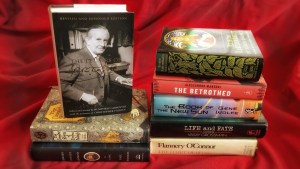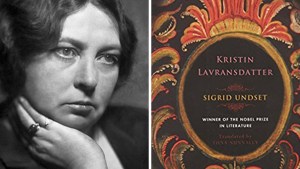Lenten Campaign 2025
This content is free of charge, as are all our articles.
Support us with a donation that is tax-deductible and enable us to continue to reach millions of readers.
In the world of women writers, the inimitable Dorothy Sayers holds a special place for her sheer versatility.
She gave the world the Lord Peter Wimsey mystery novels, a series of moving radio dramas about the life of Jesus called The Man Born to be King, and the comical toucan used in advertising for Guinness stout.
A witty writer and thinker, Sayers combined a penetrating insight into human psychology with a lavish knowledge of classical literature and thought.
You can see both at work in such creations as her essay The Mind of the Maker, arguing that creativity is the attribute that gives humans our best chance of understanding God’s nature, and in her translation of Dante’s Divine Comedy.

Gaudy Night: A mystery masterpiece
But if you’re new to Sayers, or if you just want to enjoy a great novel while these cold winter days keep you inside, let me point you to my favorite of her vast body of work: a British mystery masterpiece of a novel called Gaudy Night. The book appears on Aleteia’s Big Winter Books list for 2024.
Gaudy Night tells the story of a successful woman writer, Harriet Vane—a woman who is markedly similar to Sayers herself—who receives an invitation to return to her alma mater for the annual Gaudy Night, a sort of gala dinner celebration.
When she goes back to her old college, Vane finds herself accidentally pulled into investigating a mysterious campaign of angry anonymous letters and vandalism. An element of romance is introduced when she calls on her old friend and love interest, Lord Peter Wimsey, for aid in solving the mystery.
Gripping and thoughtful
This book is not a traditional love story, however, nor is it a straightforward mystery. Sayers calls readers to consider important topics like education, marriage, and the tug-of-war between love and independence, all skillfully explored through the lens of a gripping whodunnit story.
I don’t want to give too much away, but I recommend Gaudy Night if you’re looking for your next good read. It would work wonderfully for a book club or discussion group, and is just as compelling to read and ponder on your own.
Perhaps reading it might lead you on to reading more of Sayers’ work, and if that’s the case, you won’t be disappointed but will find many more engrossing reads to enjoy.



